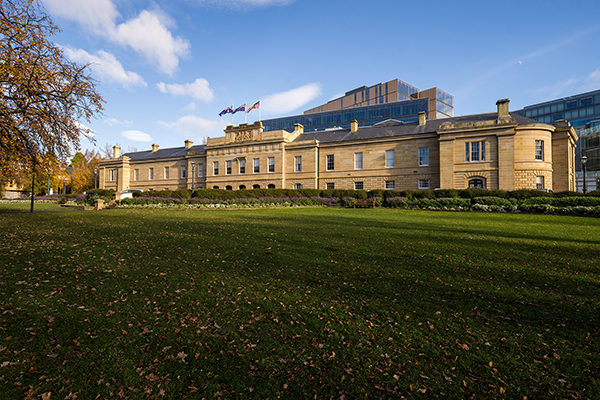Parliament
Parliament consists of three parts: the Crown, the Legislative Council and the House of Assembly. These three acting together make state laws for Tasmania.
It is the task of Parliament to provide a forum for the people's elected representatives to debate the important issues of the day and make laws accordingly. The Governor, representing the Crown, summons, prorogues and dissolves Parliament on the advice of the Premier. The Governor also acts on behalf of the monarch to give Royal Assent to Bills passed by the Parliament.
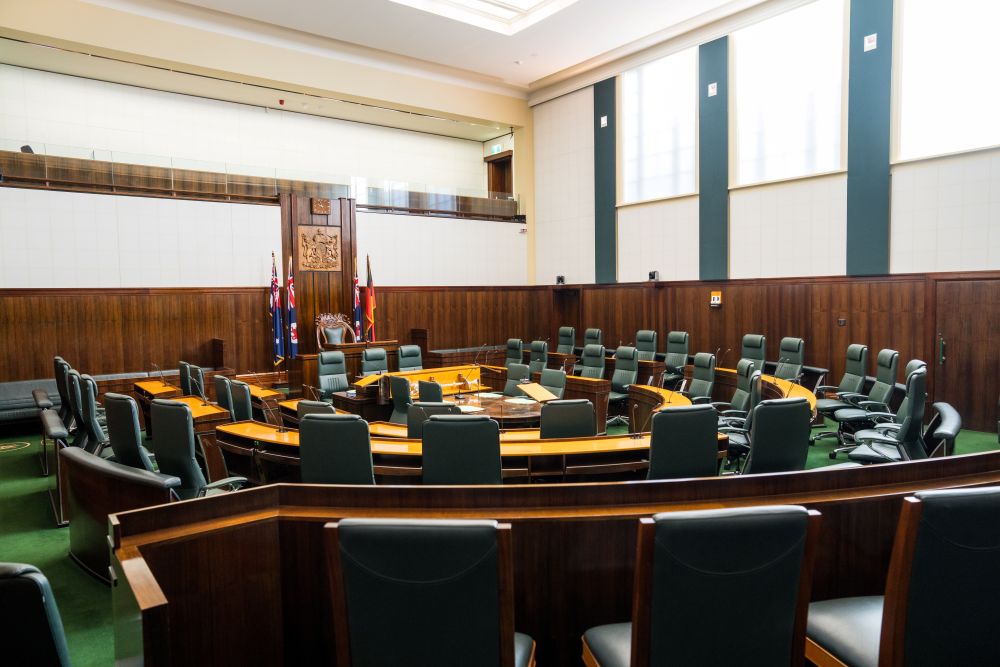 | 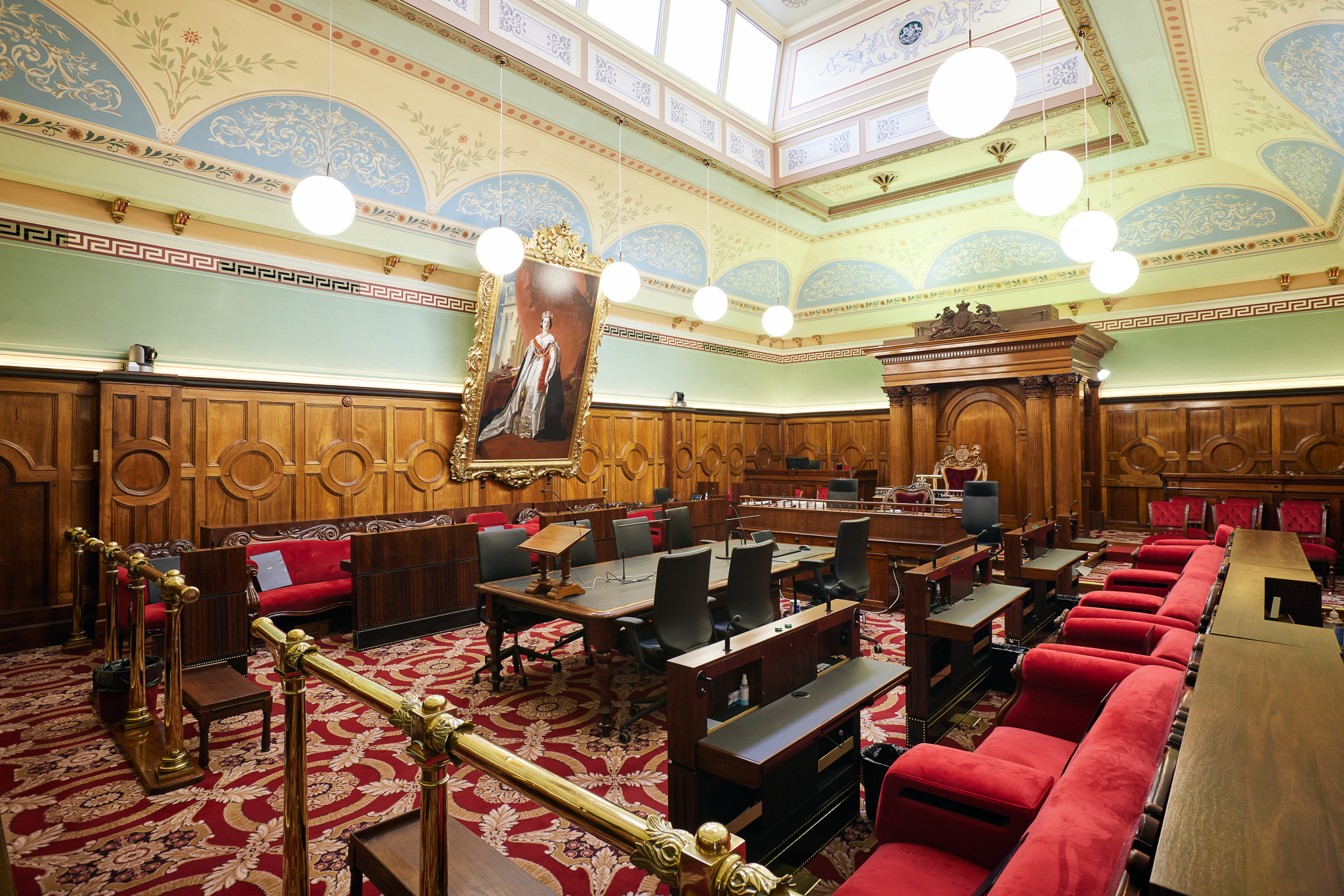 | 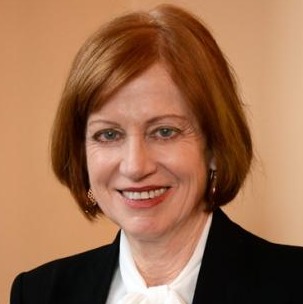 |
| House of Assembly | Legislative Council | Governor Barbara Baker |
House of Assembly
Government is formed in the House of Assembly by the party that has either a majority of seats in its own right or has formed a formal or casual coalition with members of another party or independents.
The Government's leader is the Premier and the size of the ministry varies but can be no more than ten. The largest minority party in the House is known as the Opposition and is the 'alternative government'. Further minority parties and independents form the Crossbench.
The initiative for Government action resides with the House of Assembly. Nearly all legislation is introduced to the Parliament in the Assembly. Appropriation, land tax and income tax Bills must originate in the House of Assembly.
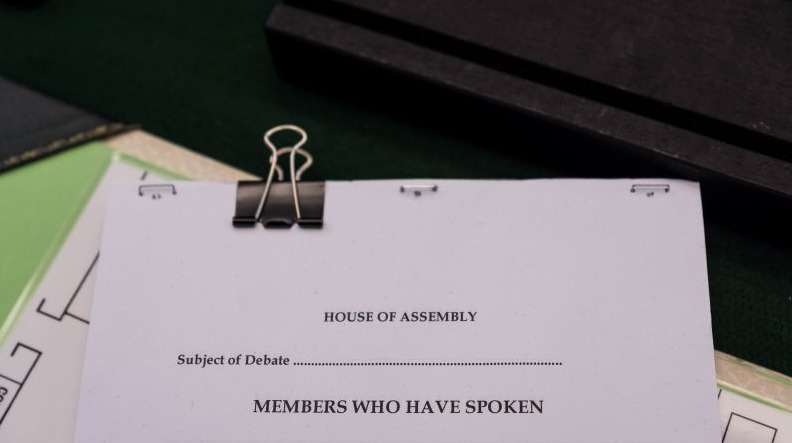
It is in the House of Assembly that governments are made, where their policies first take legislative shape, and where a Government comes face to face with the Opposition, which will attempt to show itself to be a better choice for Government by pointing out perceived deficiencies in Government policies and suggesting alternative policies to those put forward by the Government. The Government has the opportunity in the House to explain its policies fully and the action it intends to take to implement them.
Relations with the Legislative Council
The two Houses of the Parliament of Tasmania have almost equal powers.
Appropriation and taxation legislation must be introduced in the House of Assembly and the Legislative Council may either accept or reject, but not amend it. If an amendment is desired, the Legislative Council must send a request to the House of Assembly for them to amend the Bill.
It is a convention that the initiation of legislation resides in the House of Assembly, leaving the Legislative Council to act as a House of review. However, Bills can be initiated by Members of the Legislative Council and having passed the Council may be sent to the House for debate.
Parliamentary Privilege
Parliamentary privilege is defined by the practice of the House of Commons and the Parliamentary Privilege Act and amendments. It relates to the rights and immunities which are necessary to allow Parliament to meet and carry out its proper constitutional role.
The principal powers relating to the application of privilege are:
- The right of free speech in Parliament.
- Immunity of Members from legal proceedings for anything said by them in a speech in the course of debate in the House.
- Immunity from arrest and imprisonment for civil causes whilst attending Parliament.
- Exemption of Members from jury service.
- Immunity of parliamentary witnesses from being questioned or impeached for evidence given before the House or its committees.
- The power to order the arrest and imprisonment of persons guilty of contempt of Parliament or breach of privilege.
The purpose of parliamentary privilege is to enable Members to carry out their duties in the knowledge that certain protections exist so they may not be unduly constrained in their role as representatives of the people.
